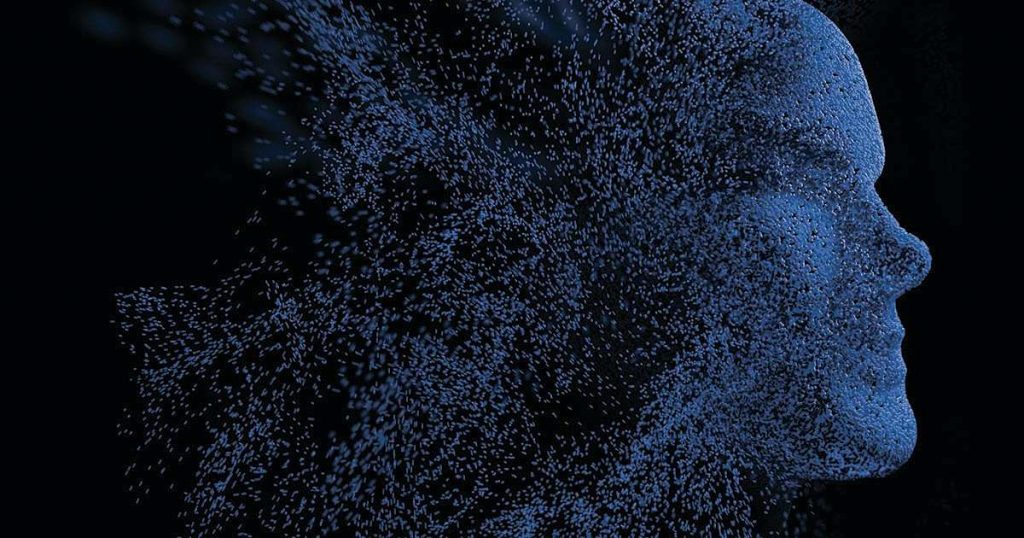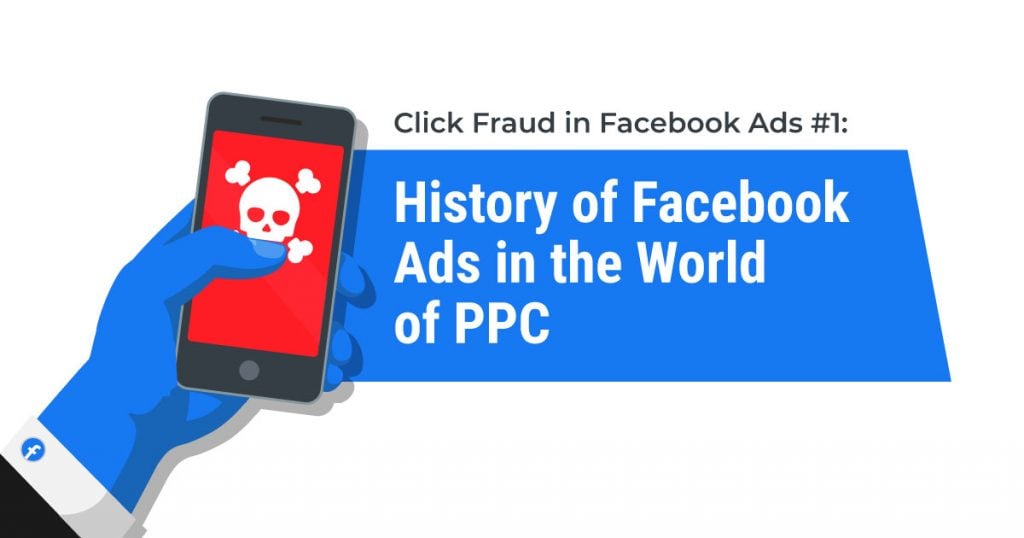Machine learning is everywhere from the internet of things to digital marketing to big data to programming and beyond. Forecasts show that the global machine learning market will cross $30 billion by 2024. It is an evolving and growing market primarily because machine learning and artificial intelligence appear in every sector across all industries. But machine learning and the internet of things (IoT) is one of the most prominent fields. Machine learning and the internet of things algorithms have long helped solve complex IoT challenges.
This article covers machine learning history, where it is today, and how it has developed with digital marketing.
Machine Learning History
The commercialisation of machine learning started in 1989 when Axcelis released evolver. It was the first software that offered algorithms on personal computers. The real commercialization of machine learning started when Torch’s first version was released in 2002. It is a software library for machine learning that’s currently used today.
Here is a brief overview of the significant achievements and history of machine learning and the internet of things in the last couple of decades:
- ImageNet (created by Fei-Fei Li) is said to be the major contributor to the AI boom. (2009)
- The IBM Watson (natural language processing system) beat humans for the first time, remaking history. (2011)
- Google Brain identified cats from YouTube unlabeled videos. (2012)
- Face recognition gained prominence in 2014 with Facebook’s DeepFace that recognized faces with 97% accuracy.
- Google’s AlphaGo program gained significant popularity when it beat a human in 2016 and later human chess players in 2017.
- Today, 37% of organizations use AI in one way or another.
It shows where we’re heading… Cats, Faces, Finances? Has AI and machine learning and the (IoT) Internet of things taken over?
Marketing and Machine Learning Today
Machine learning apps received $28.5 billion in funding in 2019, that’s almost double the other investment sector (machine learning platforms) for artificial intelligence.
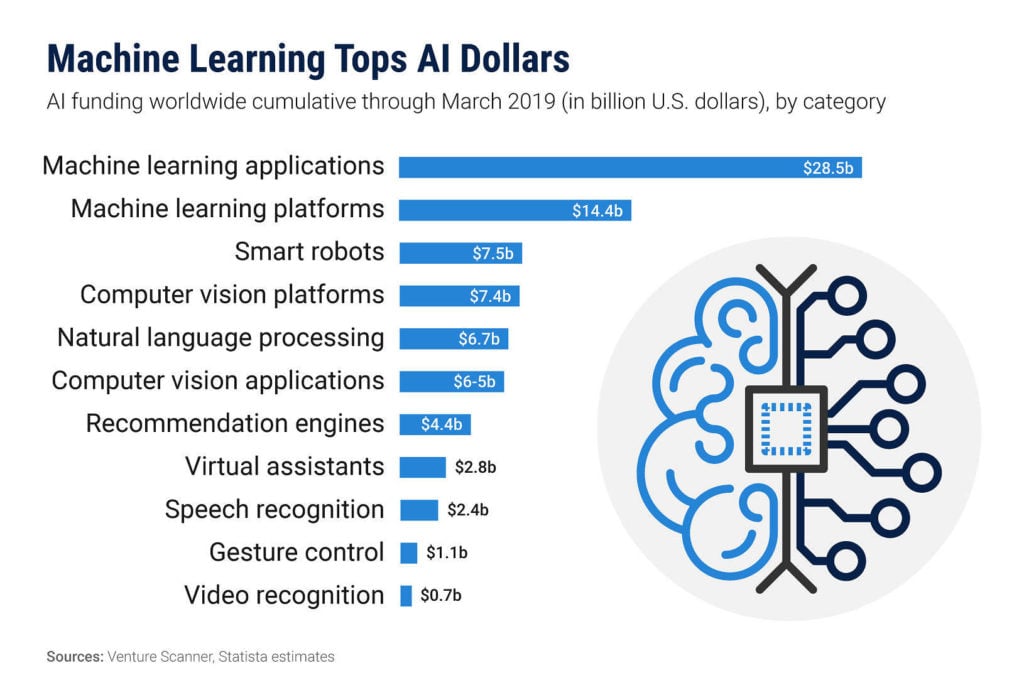
According to Enterprise Technology Trends, 83% of IT professionals agree that machine learning and artificial intelligence are transforming customer engagement, and 69% said it’s changing their entire business.
Here is an overview of the use cases of machine learning at the enterprise level:
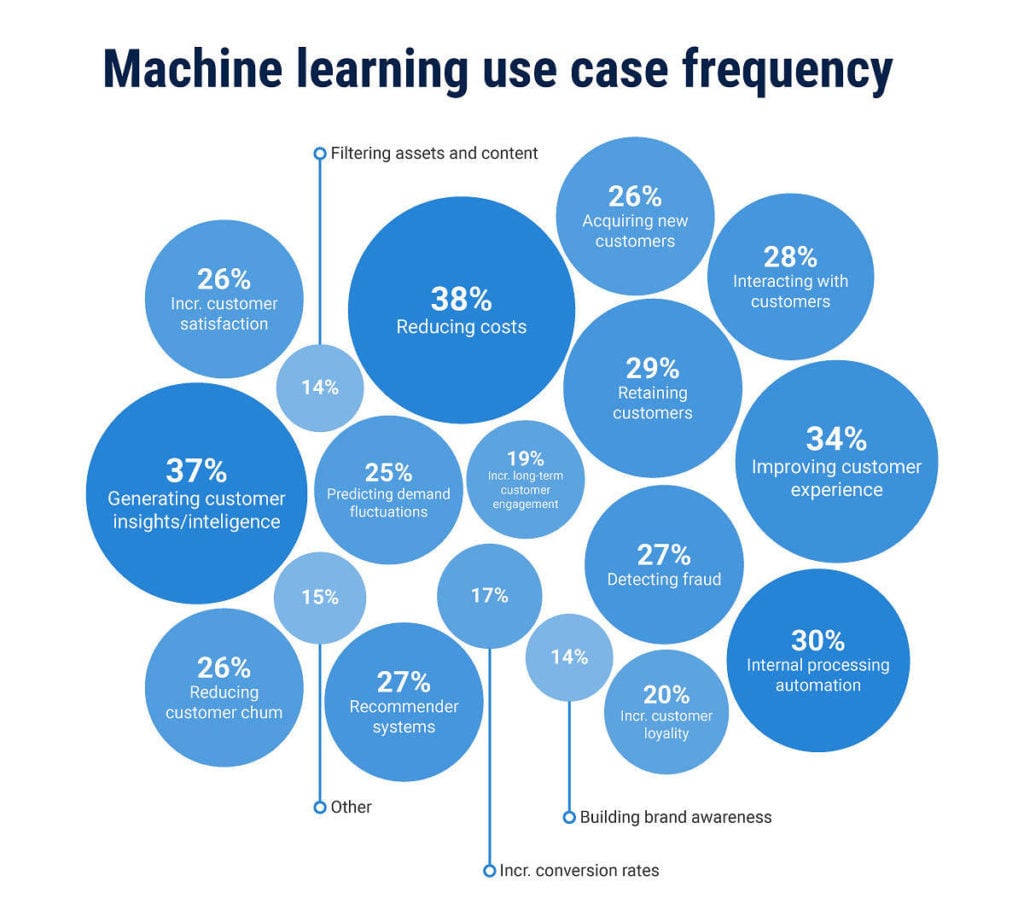
The top 5 machine learning use cases are:
1. Cost reduction
2. Customer intelligence
3. Customer experience
4. Internal process automation
5. Customer retention
Here is an overview of the ways machine learning is used in digital marketing:
1. PPC And Machine Learning
Machine learning and artificial learning has changed the way advertisers run and manage Pay Per Click (PPC) campaigns. Machine learning has helped PPC in several ways whether it be PPC Google Smart Campaigns, programmatic advertising, lookalike audience on Facebook, predictive advertising, or smart bidding.
Consider Google Smart Campaigns that let you small businesses run ads on autopilot. A Smart Campaign is an “automatic campaign” where Google creates and optimizes ads and landing pages for advertisers.
Smart bidding by Google also uses machine learning to improve the conversion rate of your campaigns by using data from several sources:
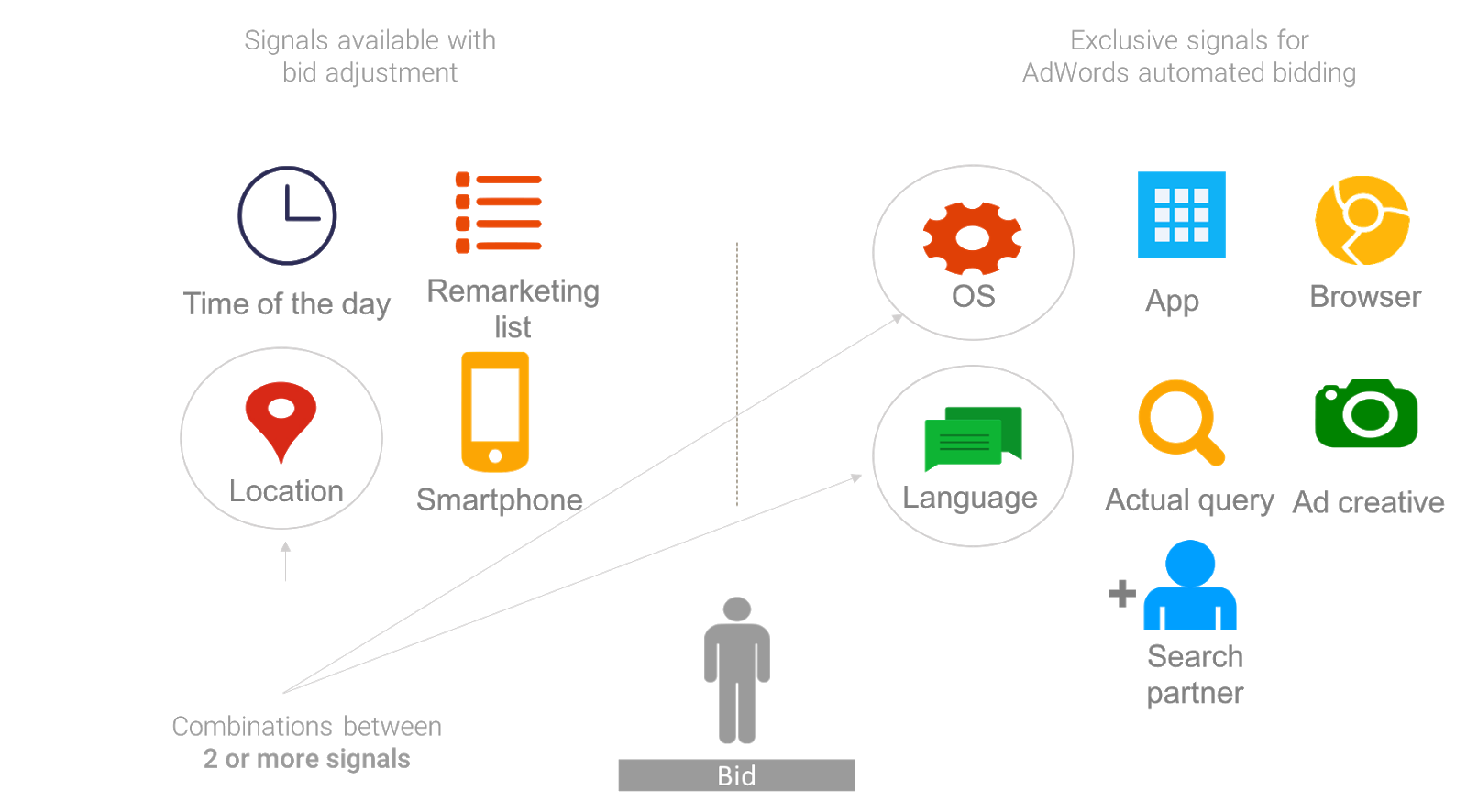
For example, you can use data from a location, browser, and demographics to optimize bidding for a PPC campaign.
2. Personalization
Improving personalization across all touchpoints has been easier for digital marketers. Companies like Netflix for personalization use machine learning. It used machine learning to show highly personalized show rankings, messaging, images, and pages based on data from over 100 million customers from all over the world.
Starbucks also uses machine learning to suggest drinks to its customers through its app. These recommendations are personalized using reinforcement learning technology (machine learning type).
3. Machine Learning Automation in PPC
Marketing automation is on the rise. Forrester predicts that global marketing automation spending will cross $25 billion by 2023. Marketing automation is based on machine learning. Think of customer segmentation, retargeting, email campaigns, follow-ups, content curation networks, etc. These are all ways how machine learning has automated marketing. The critical role that machine learning plays in PPC: Pay Per Click (PPC) is another aspect of digital marketing that has seen incredible changes and growth over the past couple of decades. As it becomes more reliant on algorithmic input, PPC is more customizable, allowing marketers to reach their targets with greater accuracy and maximizing their efforts.
The Wrap on Machine Learning and The Internet of Things

Machine learning has reshaped the digital marketing industry and will continue to do so. As much as 97% of leaders agree that digital marketers have to work with machine learning and the internet of things, as this is the future of marketing.
Whether it be marketing automation or PPC, machine learning is here to stay – and grow.
